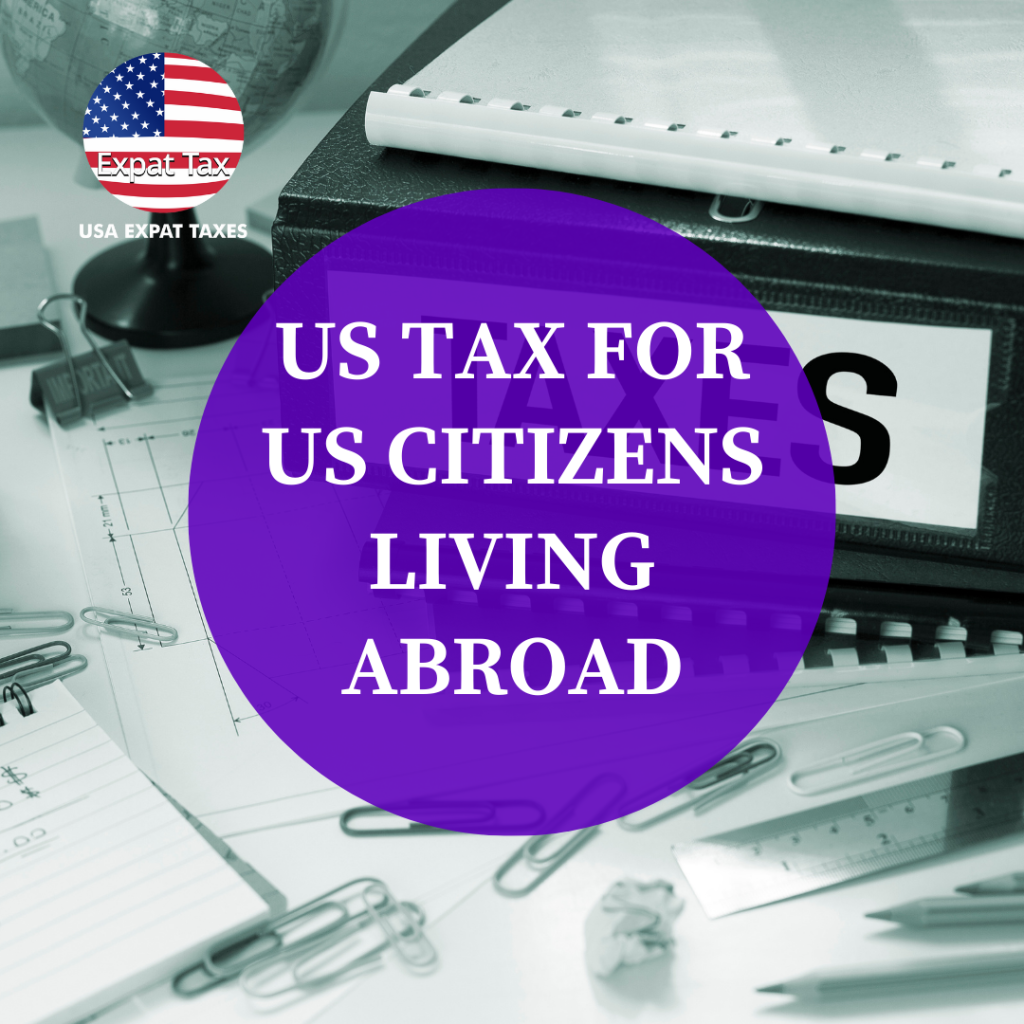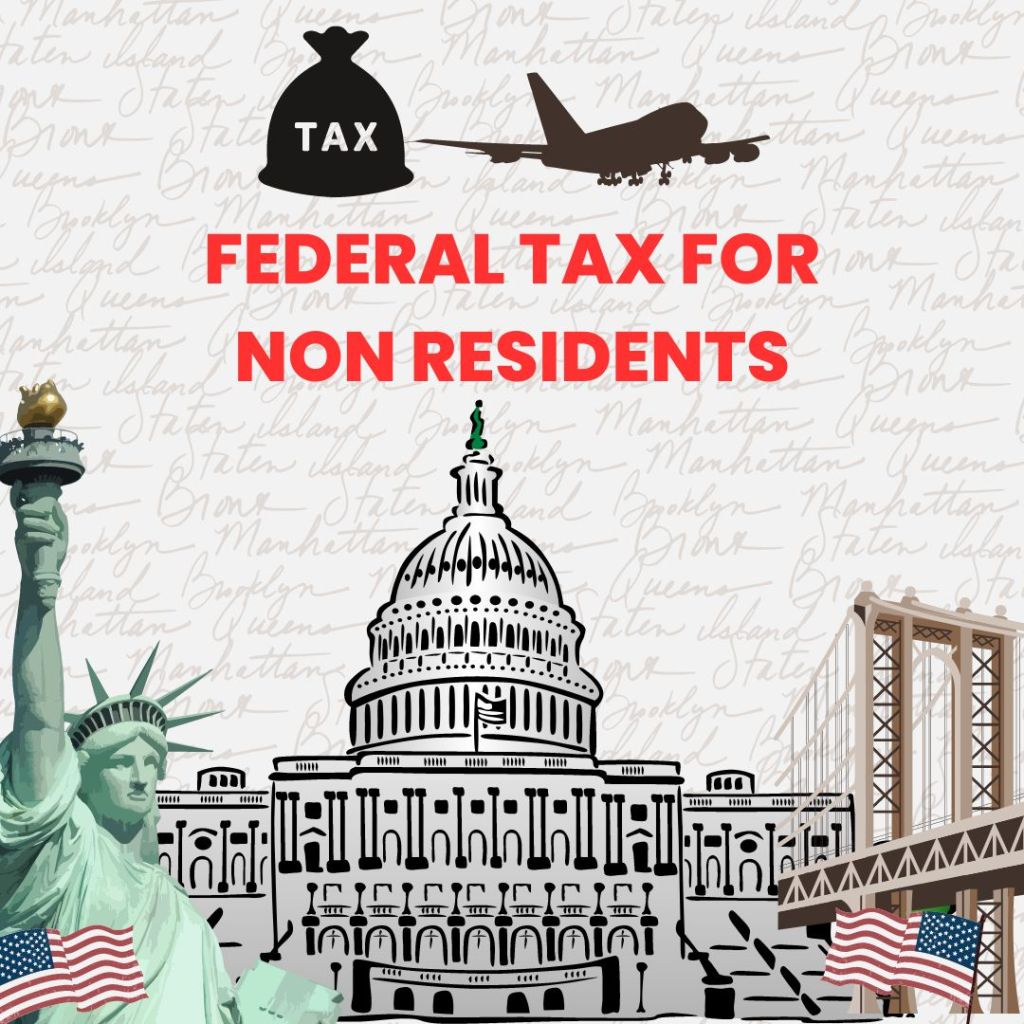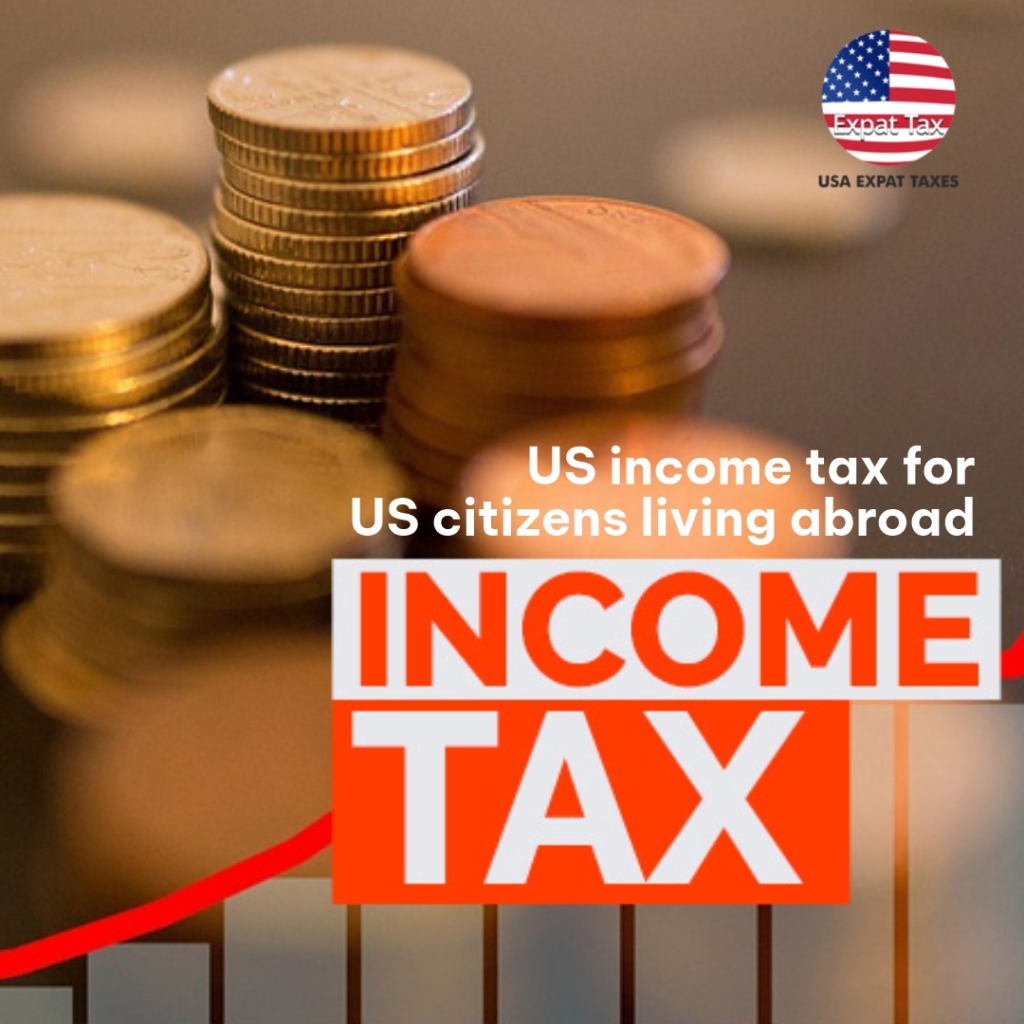For American expatriates, navigating the complexities of tax obligations back home can be daunting. The U.S. is one of the few countries that tax its citizens on their global income, regardless of where they live or work. This means that Americans living abroad are required to file U.S. taxes, a reality that can bring both challenges and opportunities. This blog aims to demystify the process, highlighting key aspects of U.S. tax obligations for residents living overseas.

The Basics of U.S. Tax for Expatriates
At the core of the U.S. tax system for expatriates is the requirement to file an annual return with the Internal Revenue Service (IRS) if their income exceeds certain thresholds. These thresholds vary depending on filing status and are updated regularly. Importantly, filing a tax return does not necessarily mean paying taxes; it’s about reporting income.
Foreign Earned Income Exclusion (FEIE)
One of the most critical provisions for Americans abroad is the Foreign Earned Income Exclusion (FEIE). This allows eligible expatriates to exclude a certain amount of their foreign earnings from U.S. taxes. The exact figure is adjusted annually for inflation. To qualify, taxpayers must pass either the Bona Fide Residence Test or the Physical Presence Test, proving they are genuinely residing in another country or have been present in a foreign country for at least 330 full days during a 12-month period.
Foreign Tax Credit (FTC)
Another vital tool for avoiding double taxation is the Foreign Tax Credit (FTC). If you pay or accrue taxes to a foreign government, the FTC allows you to offset these against your U.S. tax liability on the same income. This can significantly reduce or even eliminate the taxes owed to the U.S., ensuring that income is not taxed twice.
Reporting Foreign Bank and Financial Accounts (FBAR)
Americans living overseas with foreign bank accounts must be aware of the Foreign Bank and Financial Accounts Report (FBAR). If the aggregate value of all foreign financial accounts exceeds $10,000 at any time during the calendar year, the FBAR must be filed separately from the tax return. This is a critical requirement aimed at combating tax evasion and requires careful compliance.
Tax Treaties and Totalization Agreements
The U.S. has entered into tax treaties and totalization agreements with several countries to prevent double taxation and ensure social security benefits are appropriately allocated. These agreements can provide specific rules on which country has the right to tax certain income, potentially offering relief for expatriates.
State Taxes
Even after moving abroad, some Americans may still have state tax obligations. State tax laws vary widely, and some states do not recognize the FEIE or have their own set of rules for determining tax residency. It’s essential to understand the tax laws of your last state of residence to ensure compliance.
Planning and Compliance
Proper tax planning and compliance are crucial for Americans living abroad. It’s advisable to seek professional advice to navigate the complexities of expatriate taxation. An experienced tax professional can help you understand your obligations, take advantage of available exclusions and credits, and ensure that you remain compliant with U.S. tax laws.
While the requirement to file U.S. taxes as an expatriate might seem overwhelming, understanding the key components of the tax system and utilizing the available tools can significantly mitigate the burden. By staying informed and proactive, American expatriates can navigate their tax obligations confidently and minimize their tax liability, ensuring a smoother experience living abroad.
Also read more: Do US citizens need to pay taxes when living abroad?








